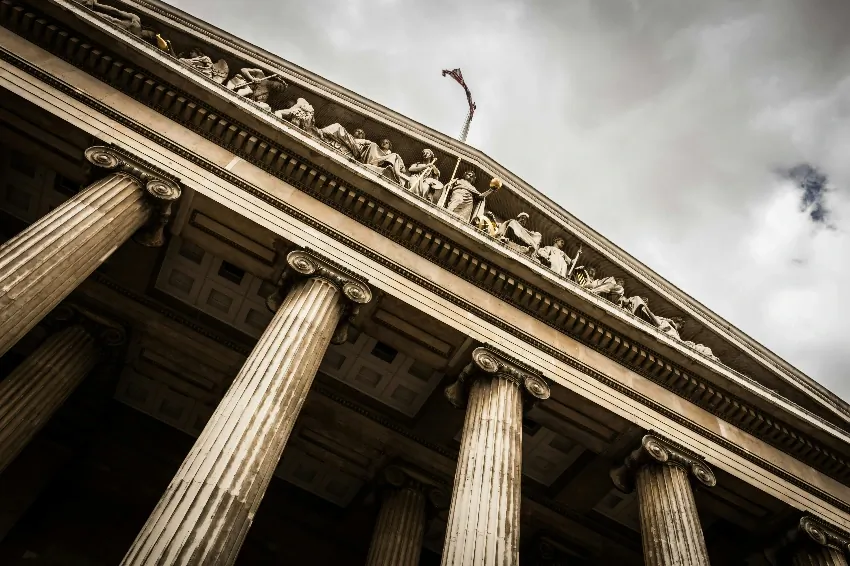
Analysis of Judgment No. 2625 of 19/11/2024: Crime of Unauthorized Use of Credit Card and Identity Theft.
The ruling no. 2625 of 2024 by the Court of Appeal of Rome clarifies the absorption of the crime of abusive use of credit cards by that of identity theft, addressing the conditions and behaviors involved.

Supreme Court Judgment no. 13345/2025: Ideological Falsehood and Citizen's Income in Light of the CJEU Ruling
The Supreme Court, with judgment no. 13345/2025, quashes without referral a conviction for false declarations on the citizen's income: decisive is the interpretation consistent with the recent ruling of the Court of Justice which rejects the ten-year residency requirement for third-country nationals. An analysis of the criminal implications and the interplay between domestic and European law.

Ideological Falsehood in Medical Records: Sentence 17647/2025 of the Court of Cassation and the Privileged Faith of Public Acts
The Court of Cassation, with judgment no. 17647/2025, reaffirms the nature of the medical record as a public act and the strict criteria of truthfulness, completeness, and contemporaneity of the entries. An in-depth analysis of the legal implications for healthcare professionals and patient protection, exploring the delicate boundary between omission and ideological falsehood.

Forgery in public documents and formal requirements: Cassation no. 16012/2025 clarifies the limits of "harmless forgery"
The Supreme Court, with ruling no. 16012/2025, reiterates that the alteration of essential formal elements – presence, time, and place – constitutes the crime of forgery in public documents, excluding the thesis of harmless forgery. Let's analyze the salient passages and the implications for notaries and professionals.

Judgment No. 11928/2025: ideological falsehood and certification of institutional use of service vehicles
In-depth analysis of Judgment No. 11928/2025 (Section 5): the Court clarifies when the crime of ideological falsehood is constituted by a public official's declaration of institutional use of a service vehicle for private purposes, with references to Art. 479 of the Criminal Code and established case law.

Private ideological forgery in public deed: the Court of Cassation n. 15887/2025 defines the boundaries of "gross forgery"
The Supreme Court, with judgment no. 15887/2025, intervenes on the crime of ideological forgery under art. 483 of the Criminal Code, establishing when errors and omissions in a substitute declaration can still mislead the Public Administration. A practical commentary for professionals and candidates for public competitions.